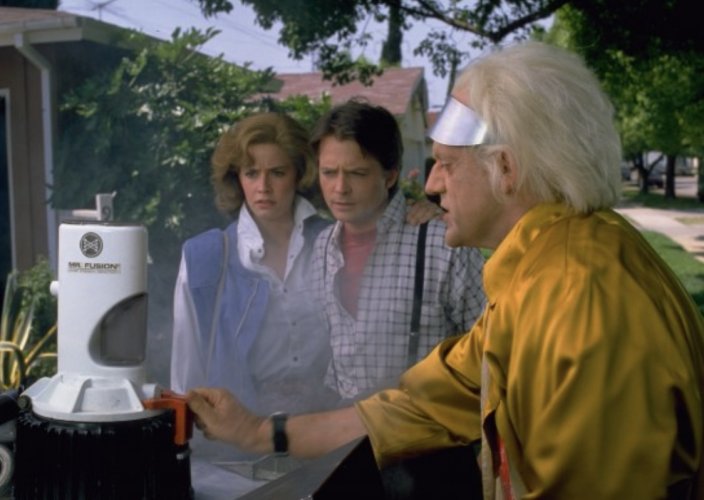gtgt_bangbang
New member
gtgt -
It is obvious you have not read the posting guidelines. Personal attacks and demeaning statements about other members will not be tolerated. Please do not do that again. Future violations of the posting guidelines will result in an infraction. Infractions will result in time off from the forum and potentially banning from the forum.
Let's get back to sharing information but not doing so at the expense of others. Thanks.
thank you , true I should have disembodied my witticism with the zen "some are" , although I corrected my ways on further review.
still, I placed a post , now removed , that was not directed at any one atall by any stretch what so ever, and had it removed for a 'politics' affront , to a throng of shrieks or so I'm informed.
but a thread away, am the butt of "because their political idols and their TV idols tell them to be" and urged to check my Conscience at the door.
and its all kosher. maybe a re-reading between the between the lines is in order
amazing how simple to highlight the hypocrisy
Last edited:






